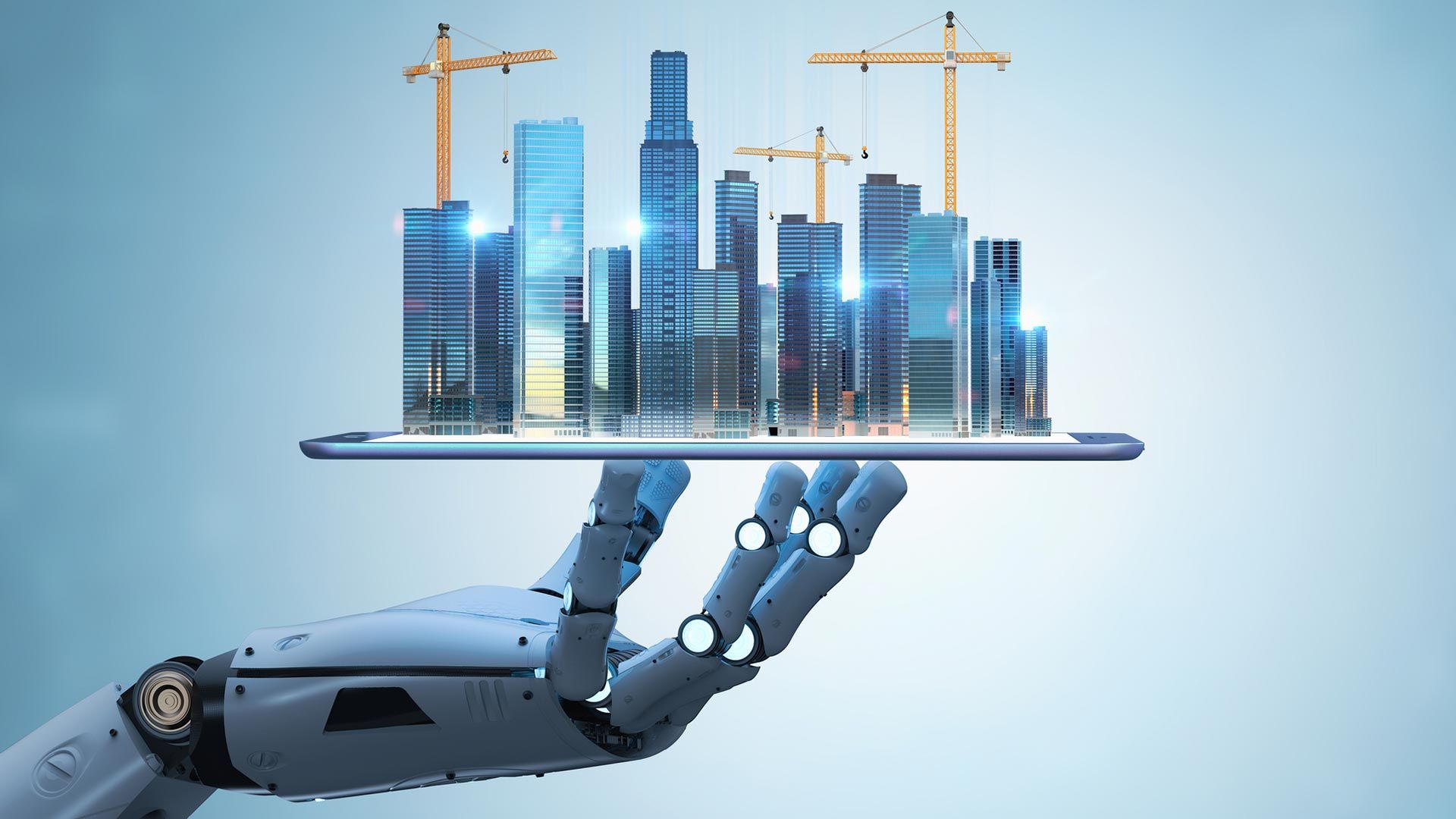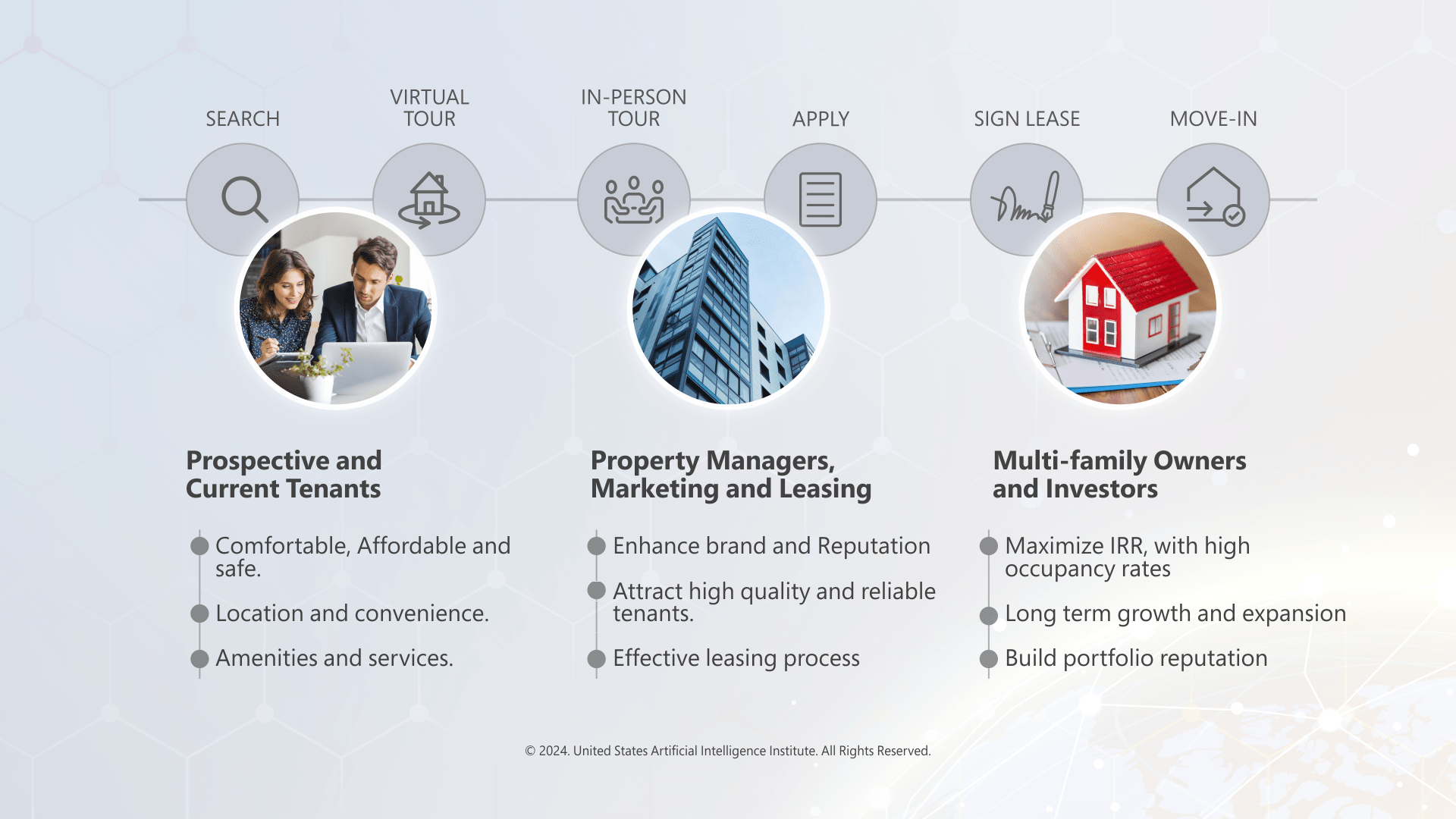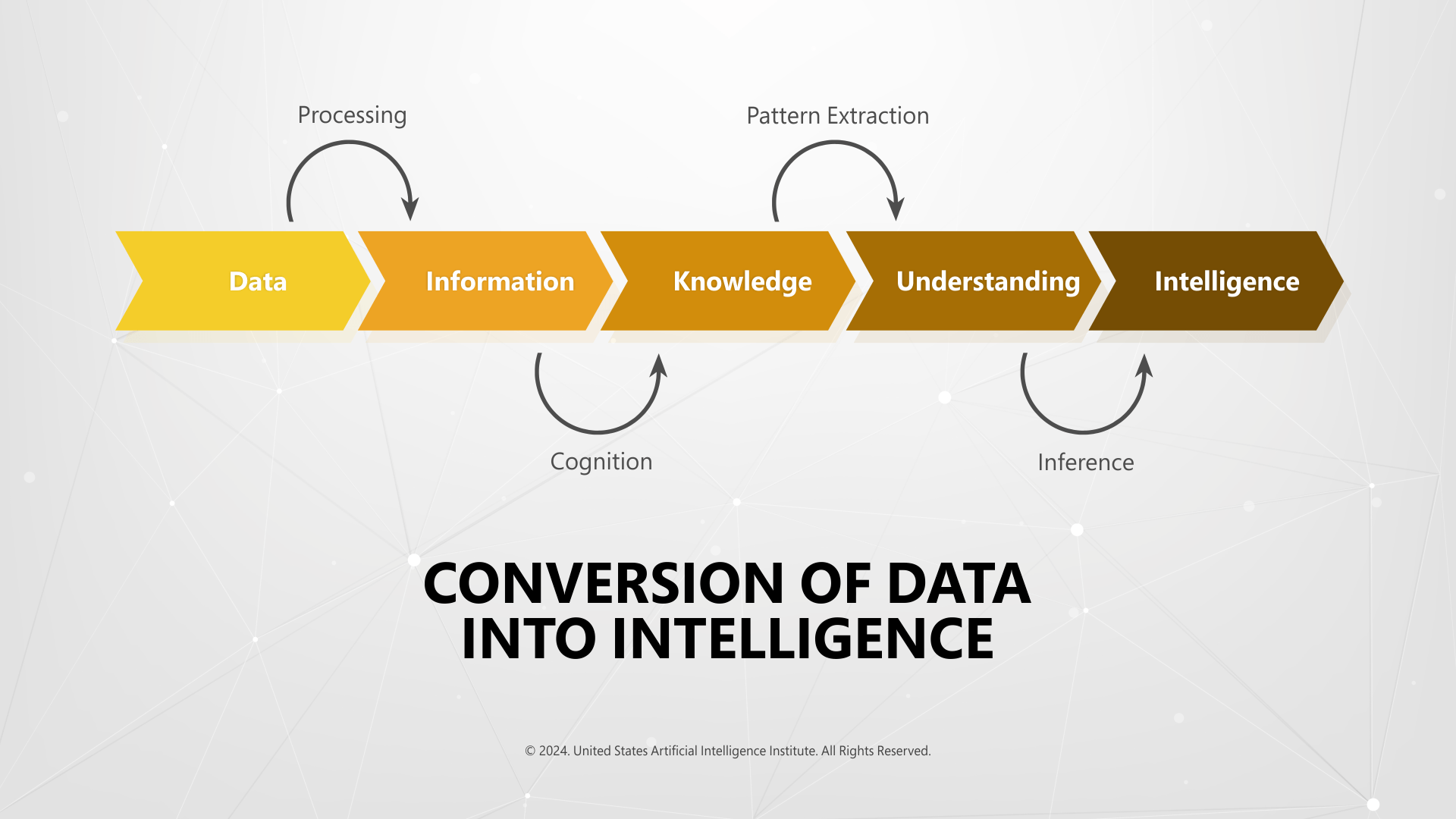

Introduction:
The multifamily asset class in real estate encompasses residential properties with multiple housing units, fostering community living and presenting opportunities for sustainable investment and technological enhancements. In a transformative shift, AI is reshaping the multifamily sector of the real estate industry, revolutionizing acquisitions, dispositions, and operations. Despite being in its infancy stages with cautious implementation, AI emerges as a pivotal force, prioritizing efficiency, cost reduction, and enhanced tenant experiences. Just like for other industries - for Real Estate too this integration introduces a paradigm shift, marking the onset of a significant revolution. As we navigate this evolving landscape, the fusion of enhanced tenant experience and advanced analytics signals for the owners and operators marks the start of an impactful transformation in multifamily real estate.

The importance of data for AI-driven insights for the multifamily sector of real estate cannot be overstated. Analytics, powered by AI, transforms vast amounts of market data from external sources, combined with the organization’s proprietary data and documents, into key insights, enabling intelligent decision-making and providing adaptability previously unforeseen. These businesses gain agility and rapid adaptability, differentiating themselves by creating unique resident experiences, by embracing AI-powered analytics. AI's ability to understand resident desires and satisfaction optimizes leasing processes, freeing up time for community engagement. The rush to implement AI solutions, akin to the hotel and e-commerce industries, stems from the need to enhance performance and reduce costs. AI algorithms analyze market trends, rental demand, and pricing data, optimizing rates, and maximizing revenue. Additionally, AI-powered data analytics platforms offer insights into tenant preferences, enabling personalized amenities and marketing campaigns. As multifamily leaders are embarking on the transformative journey of AI encompassing automating workflows, integrating data, and driving innovation across various processes and products.
Use cases for Multifamily Real Estate
AI in Property Management:
AI is revolutionizing tasks for owners and property management companies. AI-driven platforms automate rent collection, property maintenance, and lease renewals, enhancing efficiency and cutting costs. By analyzing supply chain processes, AI identifies bottlenecks, enabling significant reductions in time and expenses, ultimately optimizing apartment readiness for move-ins.
AI in Property Operations:
AI for predictive maintenance, coupled with the capabilities of digital twins, proves pivotal. By analyzing IoT data and historical records, AI enables property managers to forecast equipment maintenance needs, preventing costly emergency repairs and extending equipment lifespan. The synergy of AI and digital twins, facilitated by automated design and IoT devices, enhances project accuracy and aligns amenities with tenant preferences. This predictive approach not only optimizes energy consumption in multifamily properties, reducing costs but also fosters a sustainable living environment. The direct result is expense reductions for property owners.
AI for Safety and Security with Smart Solutions
AI enhances safety and security in multifamily residences through smart solutions. Integrating facial recognition and access control, AI-powered security systems ensure secure entry and convenience. Enhanced surveillance systems, driven by AI algorithms, swiftly detect and alert property managers or security personnel to suspicious activities in real time. The incorporation of biometric identification and anomaly detection elevates safety standards. Showcasing these advanced technologies during property displays creates a competitive edge.
AI for Marketing, Leasing, and Enhanced Tenant Experience:
The use cases below highlight the multifaceted applications of AI in marketing, leasing, and enhancing tenant experiences creating communities and homes for the residents.
Data-Driven Decision Making for Multifamily:
AI-driven Data labeling, classification, and categorization prepping the data for either supervised or unsupervised machine learning, transforms decision-making across various aspects of property management, from personalized interactions to investment strategies and marketing campaigns. AI facilitates leveraging Data and empowers property owners and managers to extract meaningful insights from valuable data.
Navigating AI Implementation in Multifamily Environments:
In the dynamic landscape of multifamily living, the integration of Artificial Intelligence (AI) brings both opportunities and challenges. As we embark on this technological journey, it's crucial to highlight the concerns related to transparency, accountability, and ethical considerations. It is very important to recognize that a responsible approach is key to unlocking the full potential of these advanced technologies. Beyond the initial deployment, ongoing vigilance is paramount. Regular audits and evaluations are not just recommended but essential, serving as our compass to navigate potential pitfalls and ensure that AI contributes positively to the multifamily experience.
The section below describes “things to consider” when implementing AI in Multifamily
Unregulated AI Usage
Human Programming Biases
Decreased Human Engagement
Human Skills Shortage
Resistance to Change
Potential Risks and Mitigation Strategies
Data Privacy and Security
Algorithmic Bias and Fairness
Loss of Human Connection
Resistance and User Adoption
Building connections, understanding concerns, and navigating nuanced situations demand emotional intelligence and intuition, aspects that AI may lack currently and cannot entirely replace the indispensable human touch. Although technology streamlines tasks, multifamily executives and property managers bring essential interpersonal skills, such as - strategic thinking, negotiating lease terms, resolving intricate disputes, and adaptability crucial for industry success. Technology helps scale and grow these businesses and supports rather than replacing their roles
In conclusion, AI is transforming the multifamily industry, optimizing costs, enhancing efficiency, and improving tenant experiences. As the sector embraces AI, careful consideration of potential risks and ethical use is paramount. The success of the initial AI implementation and adoption for the Multifamily industry hinges on striking a balance between technology and human expertise.
Follow us: